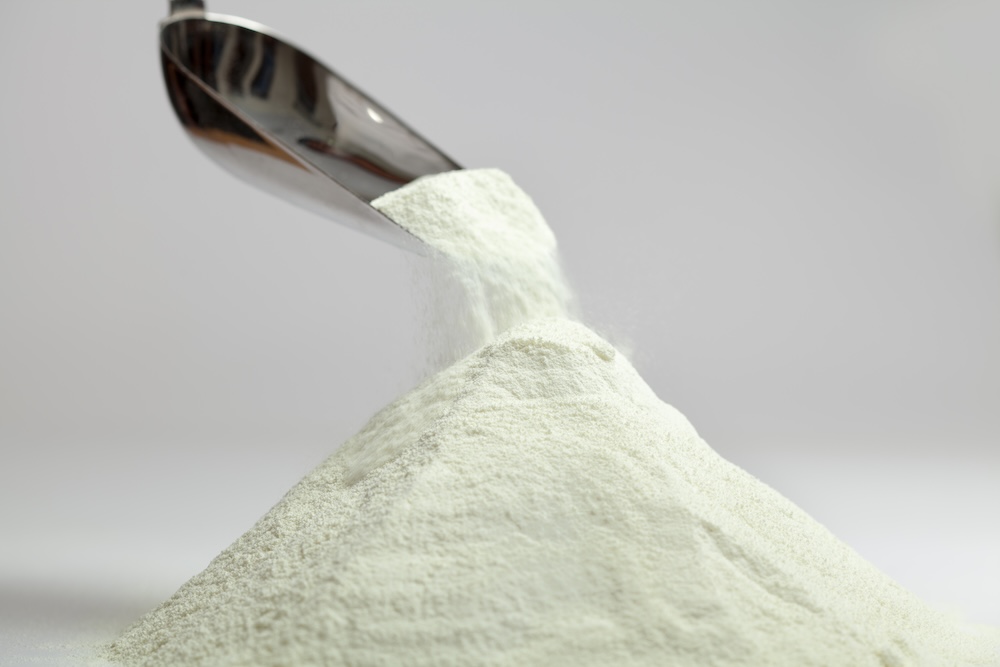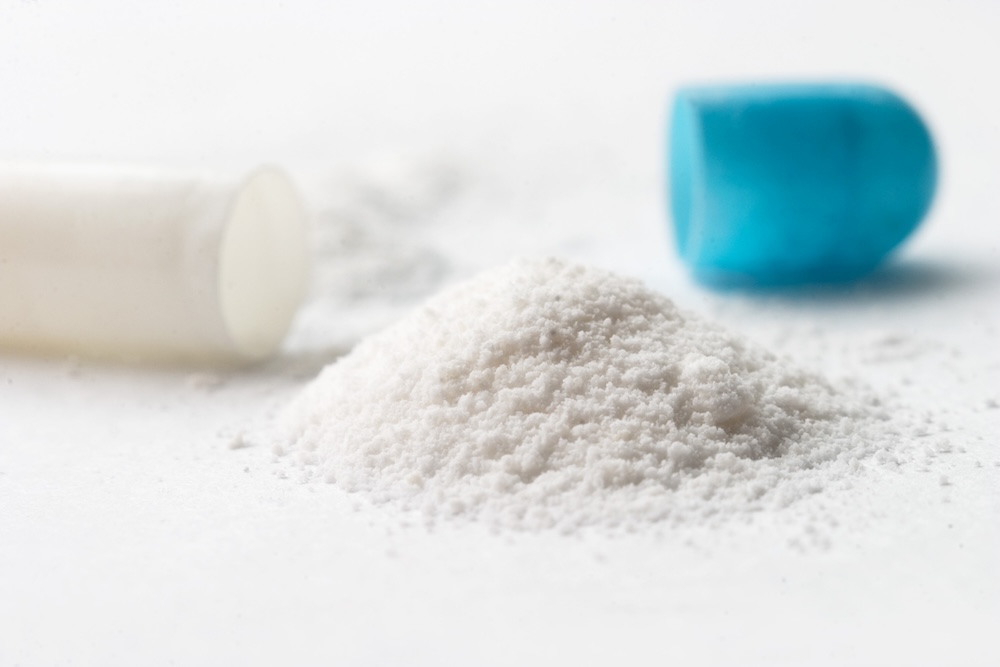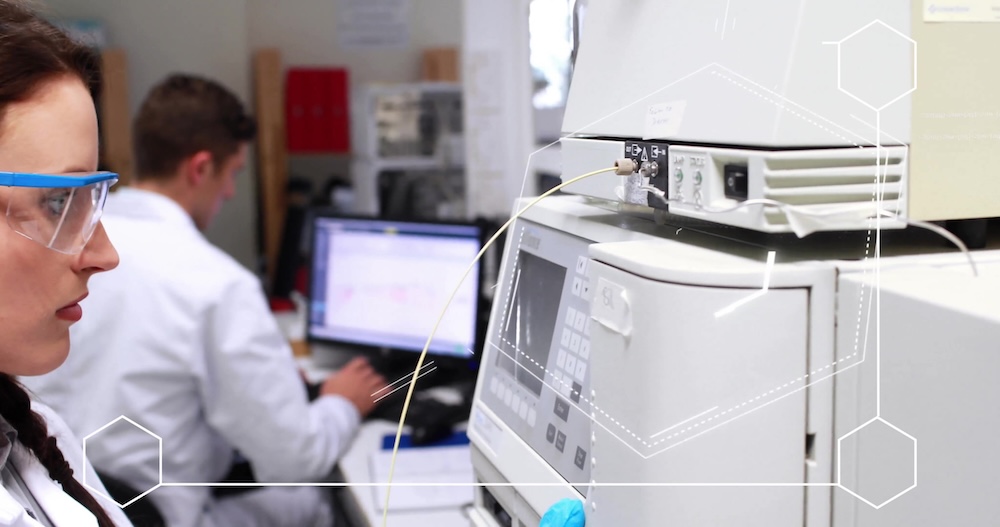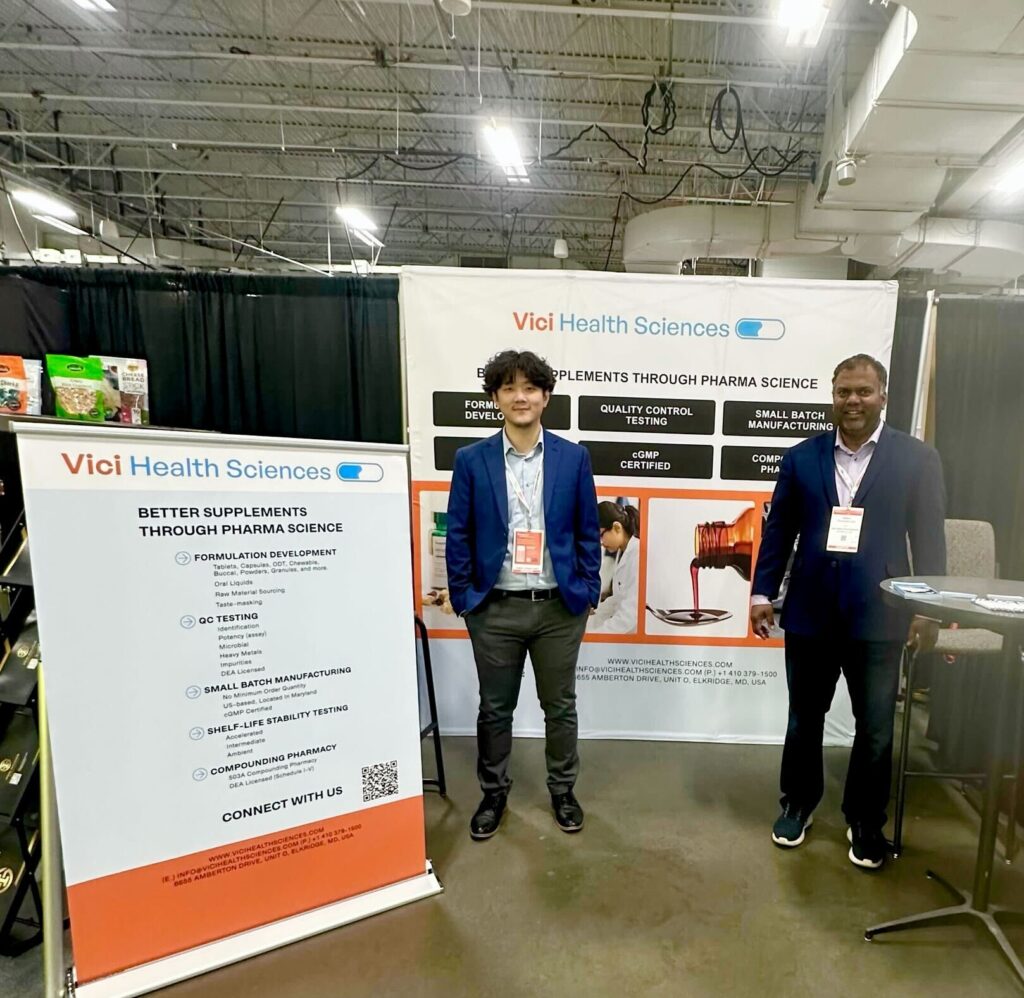Early-stage drug development is best performed at an R&D-focused CDMO. Initial formulation and small batch manufacturing for proof-of-concept clinical trials require speed, agility, and cost-effectiveness as opposed to the scale of a Phase III or routine commercial manufacturing-focused CMO.
Preclinical work in early-stage drug development encompasses the following:
-
- Drug discovery
-
- Drug substance characterization
-
- Early-stage formulation development
-
- cGMP Phase 1 or Phase 2a clinical supplies manufacturing
-
- IND filing
These activities must generally be completed prior to completing the first human clinical trial for the drug.
Key Considerations for Early-Stage Drug Development
Based on our experience working with many different inventors, small pharma, and large pharmaceutical companies, here are some insights on what we’ve learned works, what doesn’t, and why early-stage drug development is better suited for R&D-focused CDMOs:
1. The target product profile is not well defined
In early development, the dosage, route of administration, desired formulation characteristics, and formulation patent landscape are often not fully understood yet. Consequently, there are many changes to the target profile of the drug product as development progresses through various milestones.
There is no clear regulatory feedback from the FDA or other agencies during this stage. Subsequent interactions with the FDA can result in changes to various aspects of the target profile and overall drug development program.
Larger CDMOs and Phase III or commercial-focused CMOs are not geared to be able to adapt to this level of flux and change orders can become very expensive for clients at this stage. An early-stage and drug development-focused CDMO is well-aware of this potential for constant change when taking on a project and has more capacity to stay malleable during this phase, ultimately saving you time and money.
2. Failure rate during early-stage drug development is higher
Since the drug product at this stage has more go/no-go decisions to face early in the development cycle, they’re more likely to fail due to scientific or business reasons. Working with an agile R&D team that has this consideration built into the business model and is used to this will reduce the risk for your program and significantly increase your cost savings as compared to working with a large organizations where initial payments tend to be high and development procedures are less flexible.
3. Batch size requirements are small
In the early stage, the cost for the drug substance or active pharmaceutical ingredient (API) is high. Moreover, the required formulation is not known yet, so it’s best to perform rapid, small-scale prototyping batches prior to finalizing the dosage form formulation and analytical methods. These batches could be as small as 10-unit doses; just sufficient enough to perform testing or larger batches of a few 100 grams of product.
Early-stage clinical studies also only require a smaller number of healthy volunteers or patients. Phase III and commercial-focused CDMOs often do not have a small-scale cGMP pilot facility to perform this work. This results in unnecessarily large batch sizes which inevitably cost more to manufacture and require more time.
4. Multiple dosage strengths are developed at this stage
Since the final product strength or dose is not finalized in this stage, it’s important to develop multiple different strengths to cover the needed strengths for single or multiple ascending dose studies. It’s common practice to manufacture small batches and produce just enough clinical trial material at this point in development.
5. Multiple Phase II studies may be performed for expanded indications
We often see multiple Phase II studies being added to drug development programs during early-stage development. This is in response to added learning received from Phase I and Phase II clinical studies. Adding additional indications by performing new clinical studies is one way to enhance the value of the product and overall company. Working with an R&D-focused CDMO allows for quicker turnaround and lower cost of manufacturing for these additional clinical trial material batches.
6. The formulation and manufacturing processes are not fully optimized
It is critical to have a product that has sufficient quality built into it, prior to undertaking clinical supplies manufacturing. Achieving optimal quality sometimes entails frequent modifications and performing large-scale formulation and manufacturing process optimization studies during this phase of development can drive up the costs very quickly with limited value. Tech transfer between R&D and cGMP pilot or commercial batches just to manufacture early-stage clinical supplies is wasteful and can lead to errors because commercial batch manufacturing operators often do not have the necessary knowledge to manufacture an early-stage product that is still in R&D.
It’s best to have the development scientist manufacture the batches directly, including clinical supplies, during this development stage. Development-focused CDMOs typically have the formulator who developed the formulation also manufacture the clinical supplies. Tech transfer to a larger Phase III or commercial scale CMO can then be performed upon completion of formulation development and Phase II clinical studies.
R&D Specialists at Vici Health Sciences
Early-stage drug development is a specialized skill and is done best when working with a CDMO that specializes in that specific capability. Performing this work at a Phase III or commercial manufacturing CMO has the added benefit of avoiding a tech transfer step down the road. However, this comes with significantly higher costs and slower progress during early-stage development. Most companies cannot afford this.
Vici Health Sciences is a trusted partner for early-stage drug development. We work with a variety of companies seeking to develop their ideas into products which are evaluated in Phase I and Phase III clinical studies. For more personalized insights on your specific early-stage drug development project, contact us today to speak with our team of experts.






